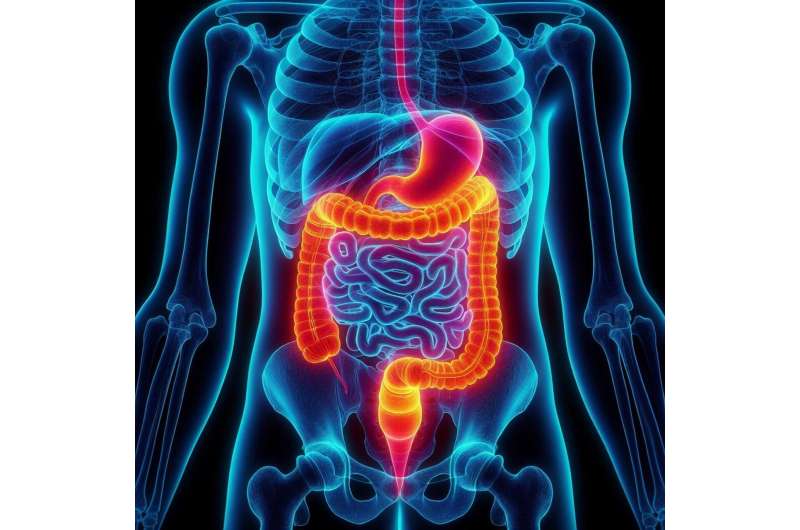New Polymer-Based Artificial Heart Valve Demonstrates Long-Term Safety in Animal Studies

Researchers have demonstrated the long-term safety of a new polymer-based artificial heart valve in animal tests, paving the way for future human trials and potentially revolutionizing heart valve replacement options.
A collaborative study conducted by researchers from the University of Bristol and the University of Cambridge has shown promising results regarding a novel artificial heart valve made from a special polymer material. The study, published in the European Journal of Cardio-Thoracic Surgery, involved testing a prototype SEBS (styrene-block-ethylene/butylene-block-styrene) heart valve in a juvenile sheep model over a period of six months. The results indicated that the polymer-based valve was safe for use in living organisms, with no signs of harmful calcification, material breakdown, blood clot formation, or cellular toxicity. Throughout the test period, the health and stability of the animals remained unaffected, and the prototype functioned effectively without the need for lifelong blood thinners. Currently, approximately 1.5 million patients annually require heart valve replacements, but existing solutions pose significant trade-offs: mechanical valves are durable but necessitate ongoing blood thinning treatment, whereas biological valves made from animal tissue last fewer years. The newly developed valve, crafted from SEBS—a highly durable plastic—may combine the advantages of both types by eliminating the need for anticoagulant medication. Although this study marks a significant step forward, further testing is essential before considering human trials. The research team aims to develop a clinical-scale version of this polymer valve and perform larger preclinical trials prior to human testing. Experts believe this innovation could lead to safer, more durable, and more patient-friendly heart valve options in the future, especially with an aging population increasingly affected by heart valve damage due to conditions like rheumatic fever.
Source: https://medicalxpress.com/news/2025-08-artificial-heart-valve-safe-term.html
Stay Updated with Mia's Feed
Get the latest health & wellness insights delivered straight to your inbox.
Related Articles
Gut Microbes in Gastrointestinal Tumors May Help Predict Outcomes and Guide Therapy
Emerging research reveals that microbes within gastrointestinal tumors can predict patient outcomes and guide personalized treatment strategies, offering new hope in cancer prognosis and therapy optimization.
Balancing the Potential of Healthcare AI with Environmental Impact
A Cornell study introduces a framework to make healthcare AI more sustainable by reducing energy consumption and emissions, highlighting the importance of environmental considerations in health technology deployment.
Social Deprivation Correlated with Poorer Outcomes in Infective Endocarditis
A groundbreaking study reveals that social deprivation significantly worsens outcomes in infective endocarditis patients, emphasizing the need to address social inequalities in healthcare.



